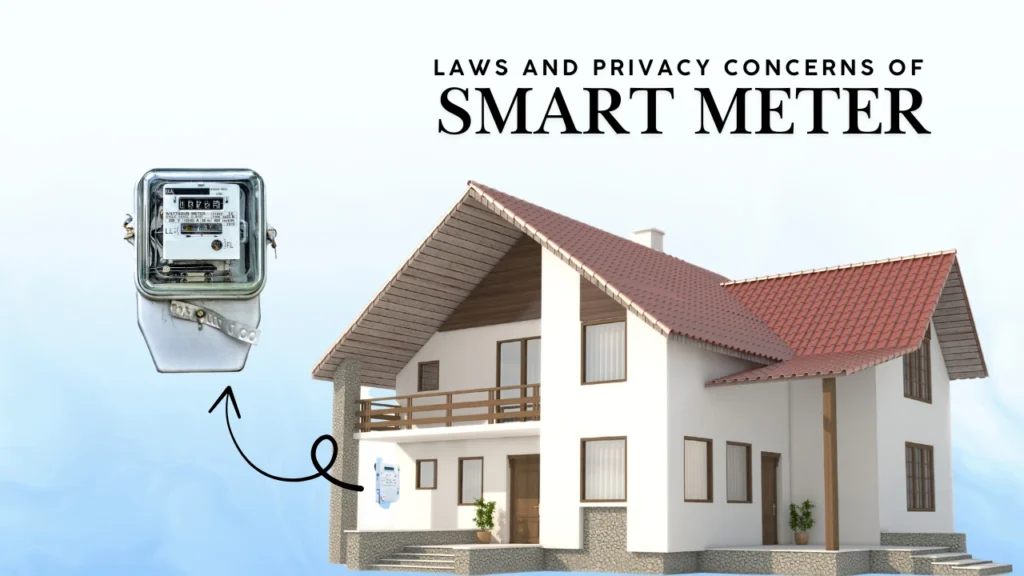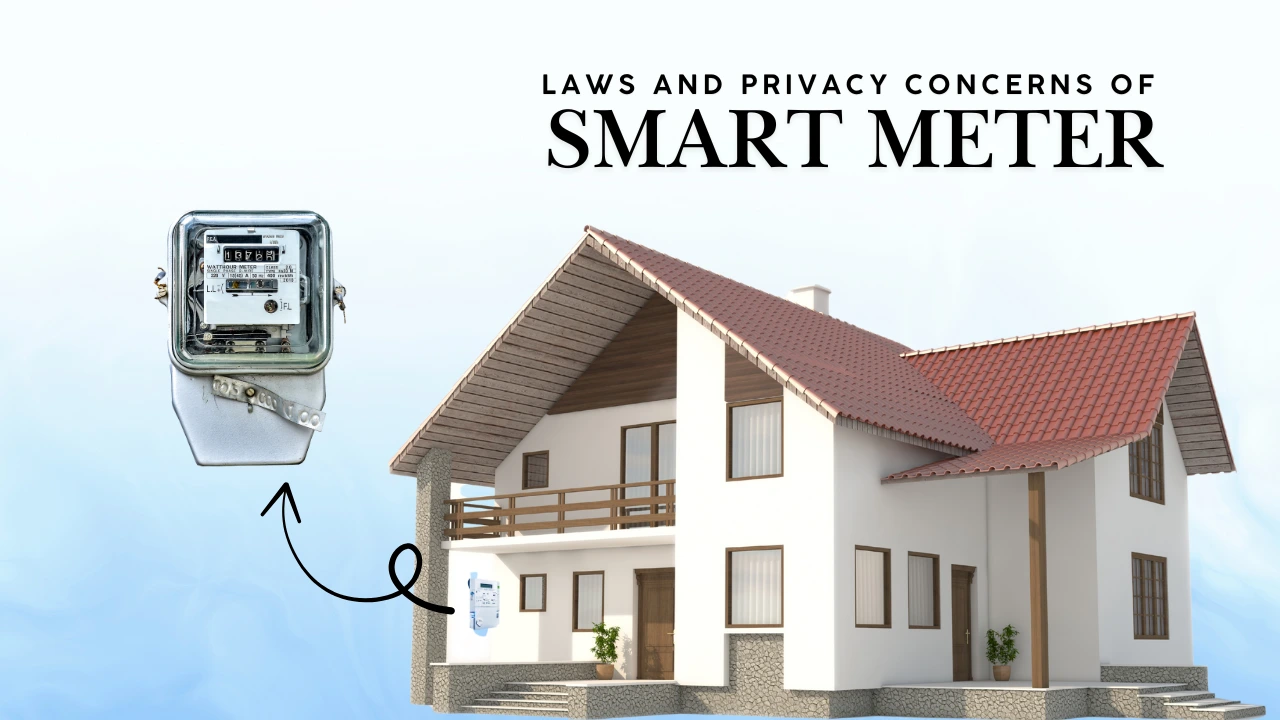Smart Meter Privacy Concerns.Smart meters are celebrated as a technological marvel offering precise billing, real-time monitoring, and efficient power distribution. Yet, lurking beneath these advantages lies an intricate web of privacy apprehensions.
Smart meters record high-frequency consumption data, which can reveal household behaviour such as occupancy, appliance usage, and even lifestyle choices. In effect, these meters can become silent narrators of private life, a reality that has attracted both judicial scrutiny and legislative intervention.
Smart Meter Privacy Concerns: What the Law Says-Overview
| Article | Smart Meter Privacy Concerns: What the Law Says |
| Nature of data | Highly granular, reveals household routines |
| Main risk | Surveillance, profiling, misuse of personal life data |
| Indian law | Privacy = Fundamental right; PDP Bill set to regulate |
| US example | California bans disclosure, yet utilities bypass rules |
| EU stance | GDPR protects smart meter data as personal information |
Why Smart Meter Data Is Uniquely Sensitive
Unlike traditional meters, which record monthly or bi-monthly usage, smart meters log consumption in intervals as short as every 15 minutes. When combined with analytics, this granular data can uncover:
- Occupancy patterns (when people are home or away)
- Appliance signatures (identifying which devices are in use)
- Behavioral insights (meal times, sleep cycles, entertainment habits)
- Sensitive attributes (religious or cultural routines inferred from energy use)

What the Law Says – India, US, and Europe
1. India: The Evolving Landscape
India’s legal stance on smart meter data privacy is still in flux. Key highlights include:
- Supreme Court Judgement (2017): Privacy recognized as a fundamental right, making personal data protection mandatory across sectors.
- Information Technology Act (2000): Currently governs data through “reasonable security practices,” though it was never designed with smart meters in mind.
- Personal Data Protection Bill (PDPB, 2019): Once enacted, it will classify utilities as data fiduciaries, placing duties on them to protect consumer data, prevent unauthorized sharing, and face hefty penalties for violations.
- Penalties: Non-compliance could attract fines of up to ₹15 crore or 4% of turnover.
2. United States: Lessons from California
In the U.S., states play a major role.
- California Law: Explicitly prohibits utilities from disclosing precise smart meter data, except in narrow circumstances
- EFF v. SMUD Case (2022–2025): Sacramento’s utility allegedly spied on households by flagging “high” usage and sharing tips with police. This led to harassment of Asian households and unwarranted police visits.
- Fourth Amendment Angle: Courts are considering whether suspicionless searches of power data equate to unconstitutional mass surveillance.
3. Europe: GDPR and Beyond
Europe has been proactive in embedding privacy into energy reforms:
- GDPR (2018): Smart meter data qualifies as personal data, requiring strict consent and transparency.
- EU Electricity Directive (2019): Mandates that all new smart meter rollouts must comply with GDPR.
- Spain’s Supreme Court Ruling: Declared energy consumption data as personal data, thereby extending full privacy protections
Comparative Legal Snapshot
Here is a quick table contrasting legal safeguards across different regions.
| Region | Legal Recognition | Key Protection | Weakness |
| India | Privacy as fundamental right; PDP Bill pending | Strong penalties under PDPB | DISCOMs weak on implementation |
| US (California) | Statutory ban on disclosure; 4th Amendment rights | Clear consumer consent rules | Utilities bypass laws, mass surveillance attempts |
| Europe (EU) | GDPR + Electricity Directive | Explicit consent + right to erasure | Complex compliance burden for utilities |
| Spain (Case Law) | Court ruling = energy data = personal data | Judicial precedent enforces privacy | Enforcement varies by utility |
Why Enforcement Matters More Than Law
Even with robust statutes, misuse often stems from poor implementation. For instance:
- In Uttar Pradesh (India), consumers faced mass disconnections due to smart meter glitches, revealing regulatory gaps.
- In Sacramento (U.S.), despite privacy laws, police accessed thousands of customer records through utility cooperation
The Road Ahead: Balancing Efficiency and Liberty
Smart meters undoubtedly aid energy efficiency, but their deployment must be tempered with ethical and legal safeguards. Key steps includes the following:
- Consumer Consent Architecture: Adopt opt-in models where data sharing beyond billing requires explicit approval.
- Privacy by Design: Utilities should bake in anonymization, encryption, and limited retention from the start.
- Independent Oversight: Regulatory commissions must audit DISCOMs and impose transparent breach reporting.
- Judicial Safeguards: Courts should treat unauthorized data trawling as a form of unlawful surveillance.
Final Thoughts
Smart meters straddle the fine line between progress and peril. While they promise efficiency and better services, their misuse risks transforming homes into glass houses under constant watch. Laws in India, the U.S., and Europe are evolving to protect consumers, but implementation remains the Achilles’ heel.
FAQs for Smart Meter Privacy Concerns
Can utilities share my smart meter data with marketers?
Only if you give explicit consent. In many regions (EU, California), sharing without permission is illegal.
What happens if a DISCOM leaks my data in India?
Under the upcoming PDP Bill, they could face multi-crore penalties and be forced to compensate you.
